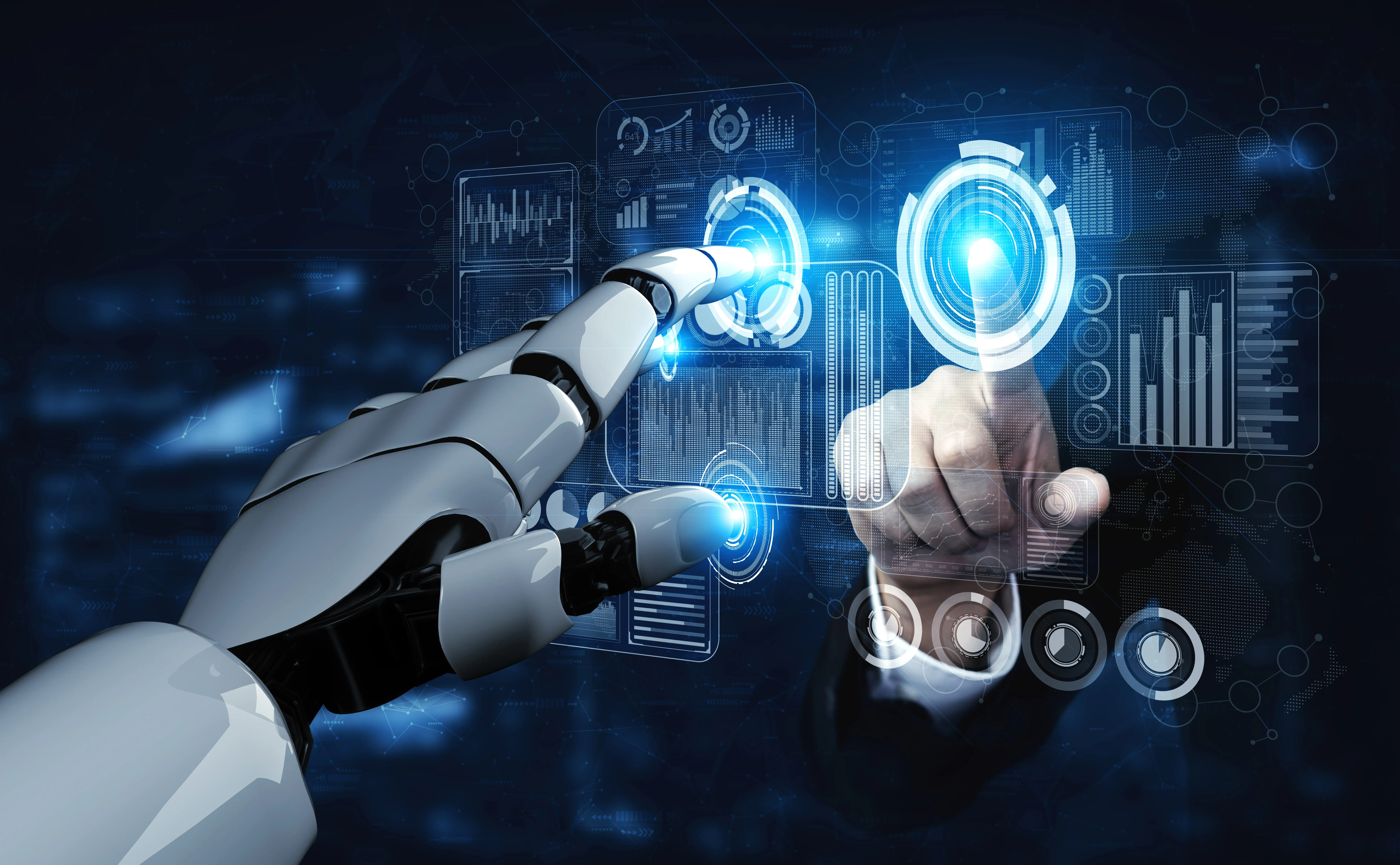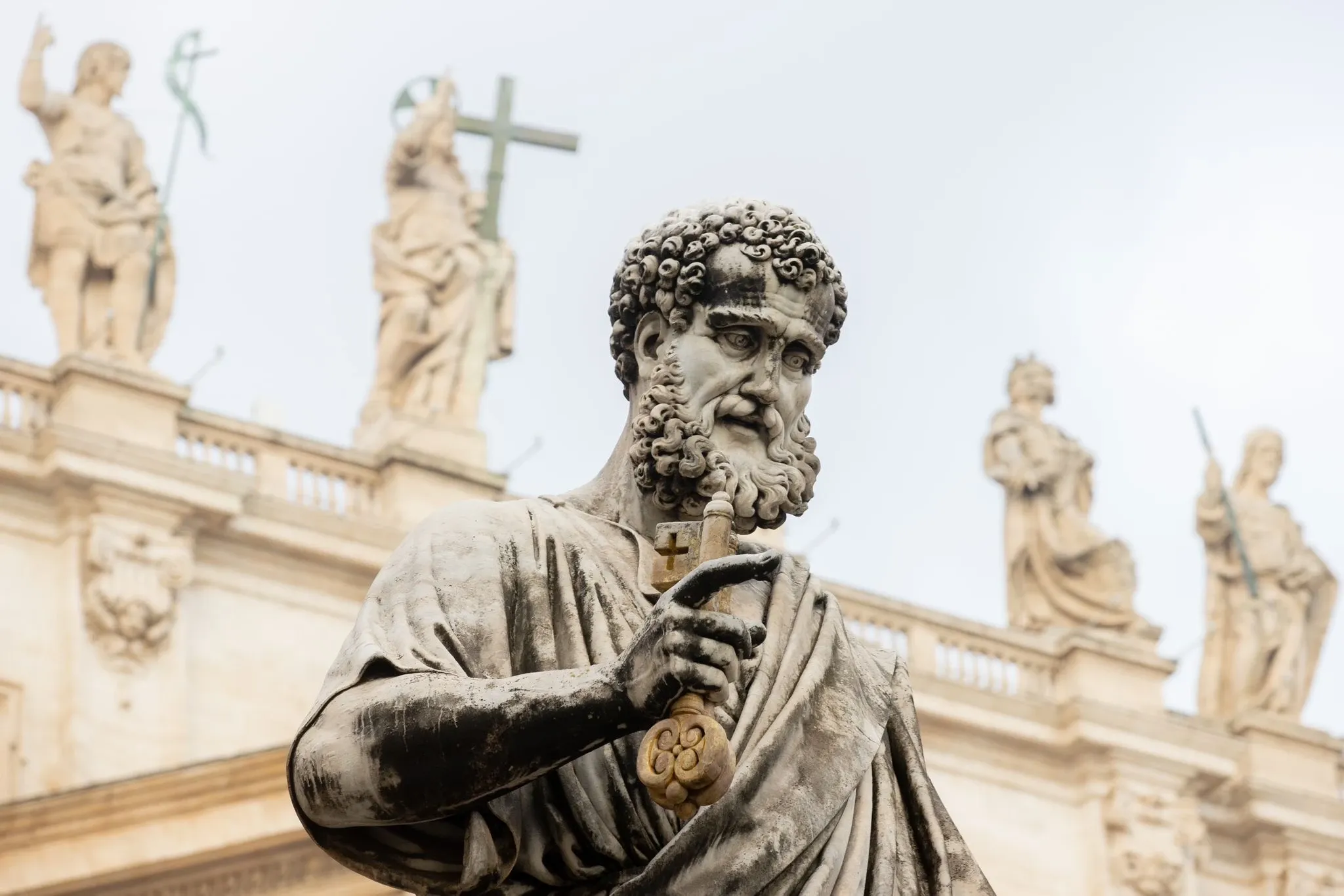CNA Staff, 28 January, 2025 / 7:25 pm (ACI Africa).
The Vatican on Tuesday released a new “note” addressing the ethical and anthropological implications of artificial intelligence (AI), highlighting distinctions between human and artificial intelligence and offering guidelines meant to ensure that the development and use of AI serve humanity and uphold human dignity.
Titled Antiqua et Nova (Latin for “old and new”), the roughly 30-page Jan. 28 document is signed by Cardinal Víctor Fernández, prefect of the Dicastery for the Doctrine of the Faith (DDF), the Vatican’s teaching office; and Cardinal José Tolentino de Mendonça, prefect of the Dicastery for Culture and Education.
The document begins by establishing a Christian framework for understanding human intelligence as a gift from God, emphasizing humanity’s relational and truth-seeking nature within an embodied existence. Christian tradition considers the gift of intelligence an essential aspect of the creation of human beings “in the image of God,” the document notes.
In contrast, modern AI systems work largely through pattern recognition, and most are limited to certain tasks — though the document notes that AGI, or “artificial general intelligence,” is a stated goal of many AI developers and may be achieved soon. Such a system would be capable of “operating across all cognitive domains and performing any task within the scope of human intelligence,” perhaps even exceeding human intelligence.
Even in its most advanced forms, however, AI still operates based on algorithms and computational logic, the document notes, meaning it lacks the creative, spiritual, and moral dimensions of human thought.








